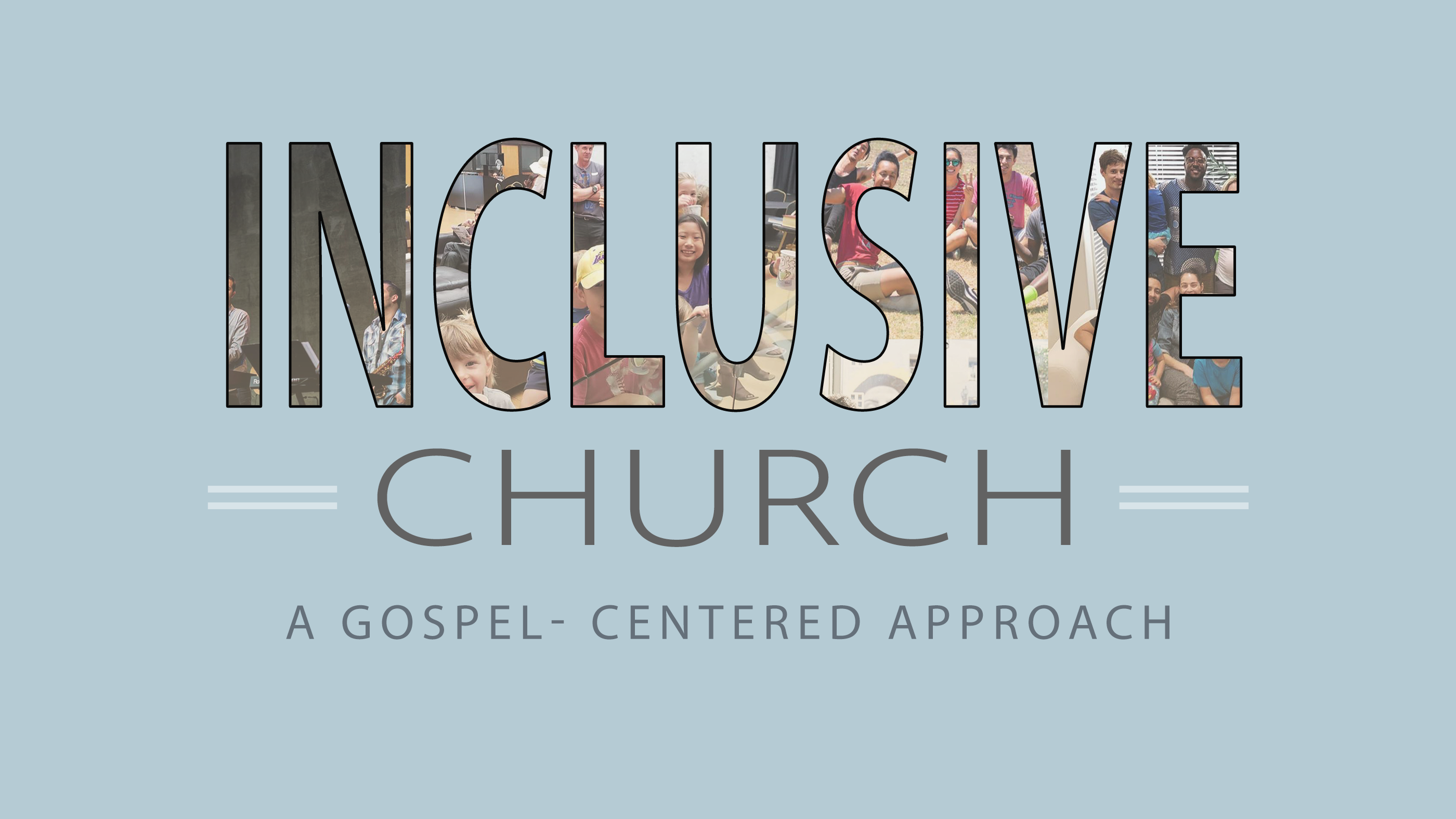
Reimagining the Table
Throughout the Gospel of Luke, Jesus goes to the homes of three different Pharisees. In each home, he teaches a different aspect about inclusion and what it means to include. In the first instance (Luke 7:36-50), a woman demonstrates an extravagant love and care for Jesus by washing his feet. Jesus draws the attention of the host and guest(s) to this generous gesture as true hospitality and gratitude.
In Luke 11:37-54, the second time, Jesus goes to dine at a Pharisee's house and though it is custom, does not wash up before the meal. He begins to criticize the host for being more concerned about an external perception of purity, when on the inside he had a greedy and wicked heart.
In the third instance in Luke 14:1-14, Jesus begins by healing a man who has dropsy, a condition that causes swelling throughout his body. This condition often results in an unquenchable desire for water. Jesus begins to teach the dinner host and guests about their own dropsy of the heart that caused them to have an unquenchable desire for more money, wealth, power, position, and privilege.
Jesus understood that these meals hosted by the Pharisees were not for the purpose of fellowship but rather to show off. They were often for the sake of reciprocity or exploiting relationships to increase one’s social prestige. In his actions and words, Jesus demonstrates that inclusion requires us to re-examine who we invite to the table, our motives for the invitation, and how our desire for more can be oppressive to our neighbors. Jesus encourages us to invite the poor, lame, crippled, and the blind as we align ourselves toward the Kingdom of God and away from idols.
